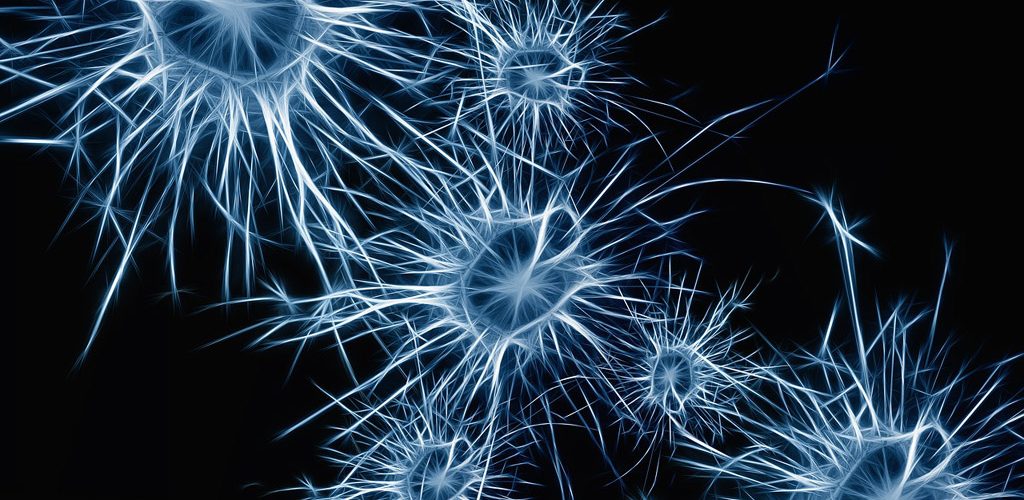Parkinson’s affects the life of over 6 million people globally and kills about one hundred twenty thousand annually. Parkinson’s is a degenerative disease caused by the death of brain cells in mid brain. Symptoms include shaking, stooping, slow movement and difficulty in walking in a straight line. In the later stages, dementia is a common occurrence.
Scientists now believe that they have found a way to treat and maybe even cure Parkinson’s disease. Though the test has only been done on mice, the results are quite positive. The study by researchers from Sweden’s Karolinska Institute was published on Monday in Nature Biotechnology. It shows that replacing the damaged cells with healthy brain cells reverses the effects of Parkinson’s.
The researchers killed off dopamine neurons in mice by introducing a toxin, the mice developed Parkinson’s and could barely shuffle around. The researchers then introduced four genes that are known to influence dopamine production into the brains of the mice. The technique worked and was able to create healthy brain cells that successfully replaced the damaged brain cells in the mice, and the mice began to walk almost normally. The same technique was used on a human brain cell culture and they were also turned into healthy brain cells capable of producing dopamine.
Prof Arenas the research lead said, “Here we describe an alternative strategy for Parkinson’s disease in which dopamine neurons are generated by direct conversion of astrocytes.” He added, “With further optimisation this approach may enable clinical therapies for Parkinson’s disease by delivery of genes rather than cells.”
The death of dopamine producing neurons in the brain causes the symptoms of Parkinson’s disease that keeps getting worse as the disease progresses. Nobody knows what causes the death of these cells and even though there are medications to ease the symptoms, no medicine or therapy till now has been able to treat the root causes and they can’t stop the progression of the disease. Most people diagnosed with Parkinson’s is over 60 years of age, however 1 in 20 patients is under the age of 40.
Parkinson’s research has faced some recent setbacks, but this new therapy might be a big step forward. However, there are further studies and trials required before this method can be safely adapted for use in Parkinson’s patients.
(Writing by Ananya Dutta; Editing by Zainab Asif)





















